Tonight, Katie Hannon will host the first televised leaders' debate of the 2024 General Election campaign, with ten registered political parties represented.
The debate will focus on key election issues such as the cost of living, housing, immigration and infrastructure.
All participants represent a registered political party that achieved 2% or more first preference votes at the last general election, or have one or more TD in the outgoing Dáil.
Here is a quick background briefing on each of the ten participants, in alphabetical order.
Ivana Bacik: Labour Party
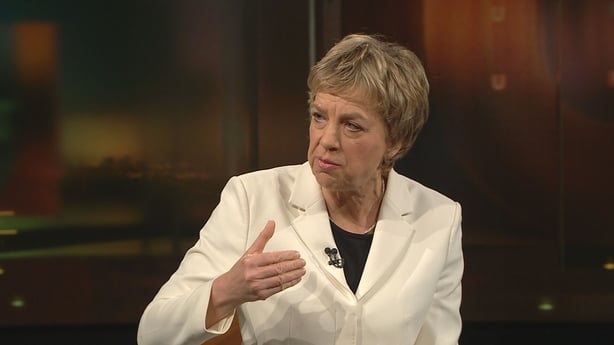
The Labour Party won six seats at the last general election with Ms Bacik winning a by-election in July 2021, to take their seats in the Dáil to seven. It was her first time elected as a TD, having previously led the Labour party in the Seanad, where she was a senator between 2007 and 2021.
Labour has five incumbents running in this election, after former leader Brendan Howlin announced he is not contesting, and Aodhán Ó Ríordáin was elected as an MEP at the European elections in June.
At its campaign launch, Ms Bacik said Labour "won’t just make up the numbers" if it enters a future governing coalition.
Among the proposals it put forward is a plan to broaden the tax base with increased taxes on wealth rather than income.
Richard Boyd Barrett: People Before Profit-Solidarity
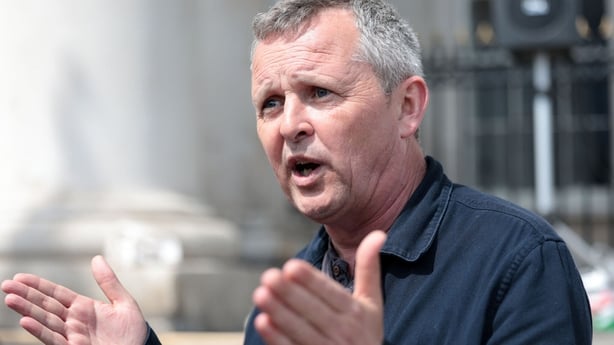
People Before Profit - Solidarity outlined plans to use the €13bn Apple tax money to establish a State construction company in its manifesto. It says that could significantly alleviate the housing concerns that have been on the minds of so many voters during this campaign. It also wants to cap food prices.
The manifesto sets out the party’s commitment to "defend Ireland’s neutrality".
Five TDs who are running under the People Before Profit-Solidarity (PBP-S) banner this time around were elected in the 2020 election.
Richard Boyd Barrett has been selected as party leader. First elected as a TD in 2011, he rose to public prominence during anti-war campaigns and anti-austerity protests, as well as during local campaigns on housing and transport issues in his Dun-Laoghaire Rathdown local authority area.
Joan Collins: Right to Change
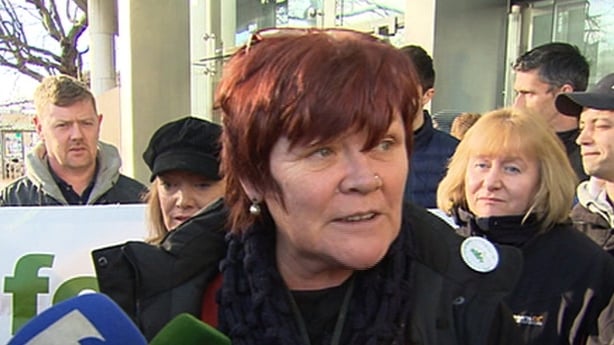
This will be the fourth general election contested by Joan Collins in the Dublin South Central constituency. The long-time left-wing campaigner was first elected in 2011 and has held her seat ever since.
Ms Collins founded Right to Change, a registered political party in 2020, having previously been part of the Independents 4 Change alliance alongside former TD Tommy Broughan.
She was prominent in the anti-water charges and anti-bin tax campaigns and says in her election manifesto that she will help her constituents on issues of housing, health and pensions.
Ms Collins says Right to Change "seeks a fairer, more equal Ireland that benefits all of the people rather than a select few".
Michael Collins: Independent Ireland
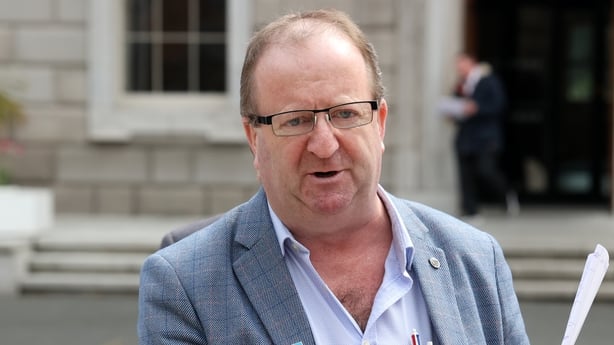
Formed in the lead up to the local and European elections in June, Independent Ireland says it is the party of "common sense". It is led by party co-founder Michael Collins, whose home constituency is Cork South-West.
Mr Collins was elected as an independent TD in 2016. Alongside him, the party has two other outgoing TDs. All three will seek to win back their seats on election day, as will 20 other candidates across the country.
After what it says was a strong local election result, the party has expressed an interest in forming part of the next government, though its leaders have set out some 'red line’ issues. Those issues include a farm retirement scheme and the removal of carbon tax on agricultural diesel.
Simon Harris: Fine Gael
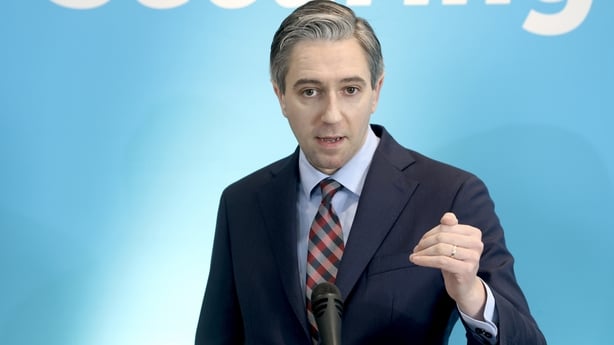
Simon Harris, the outgoing Taoiseach, replaced Leo Varadkar as Fine Gael party leader in March. He was first elected as TD in 2011 and has since served as minister for health, and minister for higher education, as well as covering the justice portfolio for a period.
Fine Gael returned 35 TDs at the last general election, 15 less than in 2016. The party will be hoping a new ‘energy’ from Mr Harris will have an impact at the ballot box.
With numerous sitting Fine Gael TDs retiring, Mr Harris will be hoping to get several new faces elected to Dáil Éireann to achieve his stated aim of leading the next government.
At the party's manifesto launch he said key priorities include housing, increasing services, and reducing waiting lists for children with disabilities and special educational needs.
Micheál Martin: Fianna Fáil
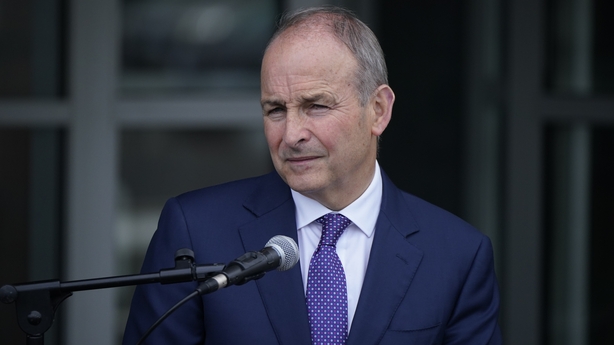
The Fianna Fáil party leader was first elected to Dáil Éireann for Cork South Central in 1989.
A former teacher, Mr Martin has been Fianna Fáil party leader since 2011. He has held a number of cabinet portfolios, including education, health, enterprise, and most recently foreign affairs and defence.
Mr Martin says, if returned to government, Fianna Fáil will seek to cut taxes and increase spending to ramp up the number of homes built and increase the number of gardaí.
He is widely seen as being in competition with Mary Lou McDonald and Simon Harris for the leadership of the next government.
Mary Lou McDonald: Sinn Féin
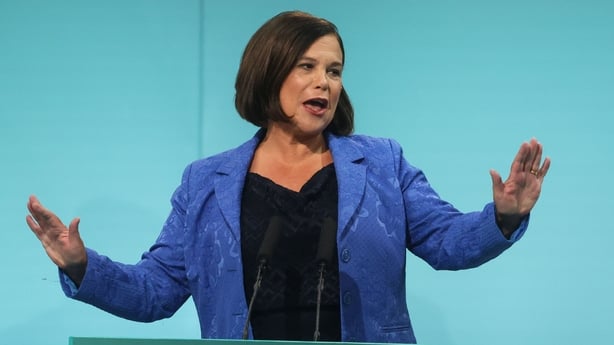
At the last general election, Sinn Féin returned 37 TDs, its best ever result. Ms McDonald says she wants to build on that, to lead a coalition government after this election.
A former MEP, she was first elected as a TD in Dublin Central in 2011 and has been president of Sinn Féin since 2018, when she succeeded Gerry Adams.
Under her leadership the party has pledged to focus on housing. In its manifesto it proposes abolishing the Universal Social Charge for the first €45,000 of incomes.
89 seats will be needed for a governing majority after this election. Some 71 Sinn Féin candidates will be on the ballot paper on election day.
Cian O'Callaghan: Social Democrats
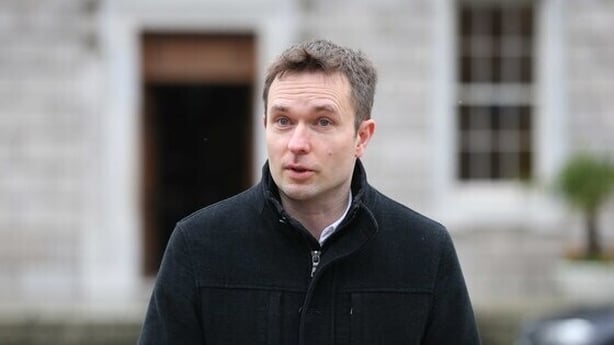
Like Labour, based on polling numbers, the Social Democrats have been floated as potential members of a future coalition government. Another similarity is that two of their most high-profile outgoing TDs are not running this time around either.
Former co-leaders Róisín Shortall and Catherine Murphy are retiring from public life, meaning four of the six Social Democrats incumbents will be on the ballot paper.
Party leader Holly Cairns was first elected in 2020, becoming party leader in 2023.
She is set to welcome her first child in the coming days, so is planning to spend the final days of the campaign in her home constituency of Cork South West, therefore deputy party leader Cian O’Callaghan will represent the Social Democrats in the debate.
Mr O'Callaghan is a former Labour councillor, he left the party in 2014 and ran as a independent in subsequent local elections before joining the Social Democrats when they launched as a party the following year.
Among the measures proposed by the Social Democrats so far in this campaign is new Government Accountability Office, to address what they describe as the outgoing Government's wanton waste of public money.
Roderic O'Gorman: Green Party
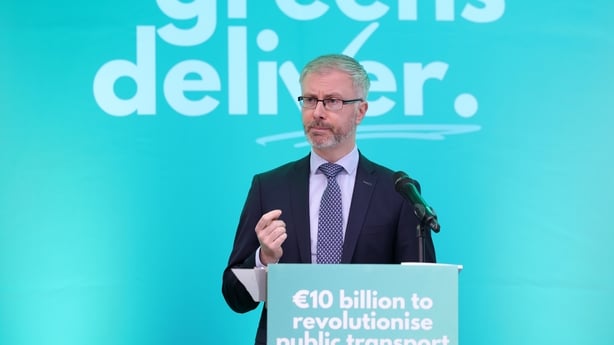
The upcoming election represents Roderic O’Gorman’s first as leader of the Green Party.
He was Minister for Children, Equality, Disability, Integration and Youth in the outgoing government. This saw him deal with significant issues related to immigration, as well as historic inquiries into issues like Ireland’s mother and baby homes.
He was first elected to the Dáil in the so-called 'green wave’ of 2020, which saw 12 party members take seats. However, the party suffered losses at the local and European elections in June.
The Green Party's 2024 manifesto proposes major investment in transport infrastructure, housing and childcare schemes.
Peadar Tóibín: Aontú
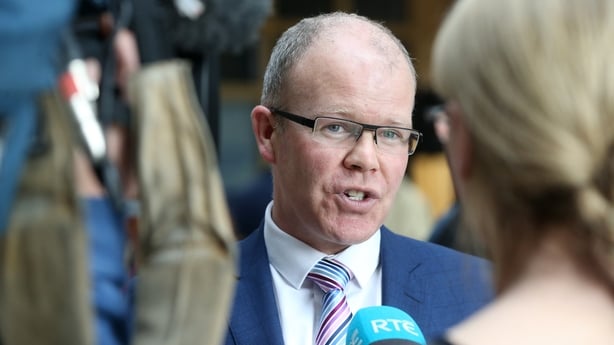
After encouraging results in the local elections, Aontú is running a candidate in every constituency this time around. Party leader and founder, Peadar Tóibín, has been the only party TD since it was established in 2019. He unsuccessfully competed for a seat in the Midlands-North-West European constituency, but won 6% of first preferences.
Immigration has been a recent major focus of the party. Aontú launched a policy document early last week claiming the "lack of planning, consistency, sustainability, and community consultation by the Government on its immigration policies has created chaos".
Mr Tóibín was previously a prominent Sinn Féin TD, but resigned from the party in 2018, having opposed to the party's stance on abortion.
Aontú notably campaigned for a no-no vote during the recent 'family' and 'care' referendums, which were both subsequently rejected by the electorate.
A draw will be held to determine where each will stand during the debate. It is broadcast at 9.35pm on RTÉ One television.


